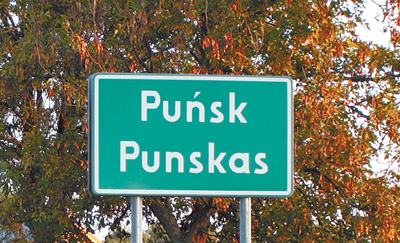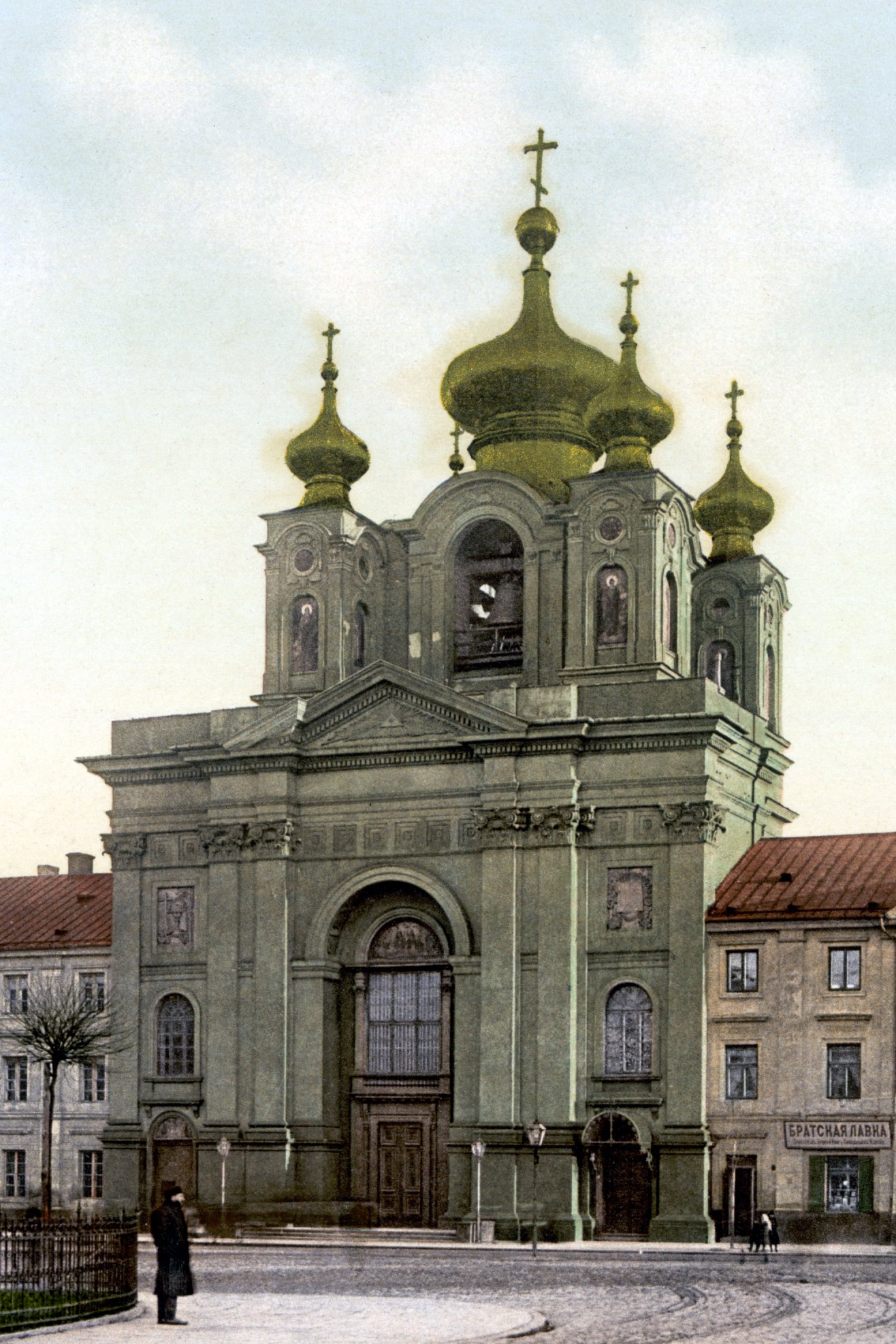History /
Mother tongue in Poland - acccording to 1931 census. [174]
No census is 100% reliable. However, these are the possible alternatives (regarding Polish-Lithuanian conflict over Vilnius/Wilno):
1. Russian census of 1897:
Vilnius/Wilno - Jews (40%), Poles (30,1%), Russians (20,9%), Belarusians (4,3%), Lithuanians (2,1%), Germans (1,4%), Tatars (0.5%), Ukrainians (0,3%), Other (0,4%)
Vilna Governorate (most of its territory seems to be in Belarus now; en.wikipedia.org/wiki/File:Lithuania-1867-1914-EN.svg) - Belarusians (56,1%), Lithuanians (17,6%), Jews (12,5%), Poles (8,2%), Russians (4,9%), Germans (0,2%), Tatars (0,1%), Ukrainians (0,1%), Other (0,1%).
2. German census of 1916:
Vilnius/Wilno - Poles (50,2%), Jews (43,5%), Lithuanians (2,6%), Russians (1,5%), Other (2,2%)
Occupied Lithuania - Poles (58%), Lithuanians (18,5%), Jews (14,7%), Belarusians (6,4%), Russians (1,2%), Other (1,2%).
3. Polish census of 1921:
Administrative district Area of Wilno - Poles (57,9%), Belarusians (25,7%), Jews (8,1%), Other (8,3%).
4. German-Lithuanian census of 1942:
Vilnius/Wilno - Poles (41,89%), Jews (27,78%), Lithuanians (24,37%), Russians (1,95%), Belarusians (2,55%), Germans (0,25%), Other (1,21%)
Wilna-Gebiet - Lithuanians (43,44%), Poles (42,20%), Belarusians (10,89%), Russians (3,05%), Other (0,42%).
5. Soviet census of 1959:
Vilnius/Wilno - Lithuanians (33,6%), Russians (29,4%), Poles (20%), Jews (7%), Belarusians (6,2%), Ukrainians (2,8%), Other (1%).
Ethnic history of Vilnius region.
/wiki/Ethnic_history_of_the_Vilnius_region





